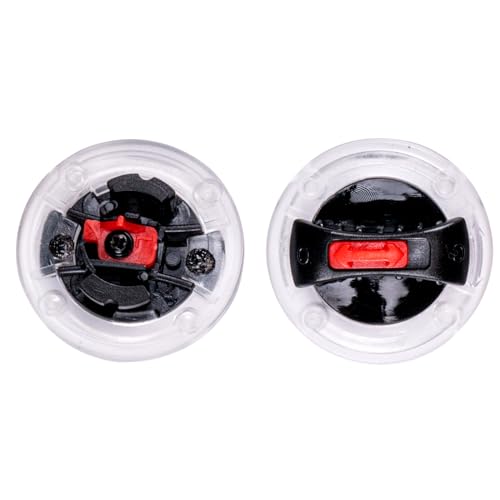I use crimps all the time with more than one wire in them without purchasing special crimps ( blue can take 2 wires and yellow can take 4 wires)
The yellow's are for 10 ga wire, Blue normally 14 or 16, and red for 18 ga wire. Yellow's will not crimp 18 - 14 properly, also they were never designed for multiple wires even though many mechanics will use them for that purpose. There are many automotive specialty connectors out for multiple circuits, or splicing that work very well and are sealed.
Personally I prefer soldering and shrink tubing for a couple of reasons. Solder makes the best connection and shrink tubing seals the wiring and keeps moisture out.
Over the years I have seen way too many butt connectors corrode, and fail causing shorts. Reality is with a good soldering iron it is almost as fast as using butt connectors.
Now there are also butt connectors that also have shrink tubing at each end, they do work pretty well as long a the correct wire size is used.
As google search for automotive electrical connectors will give anyone a multitude of connectors that are also available.

















































